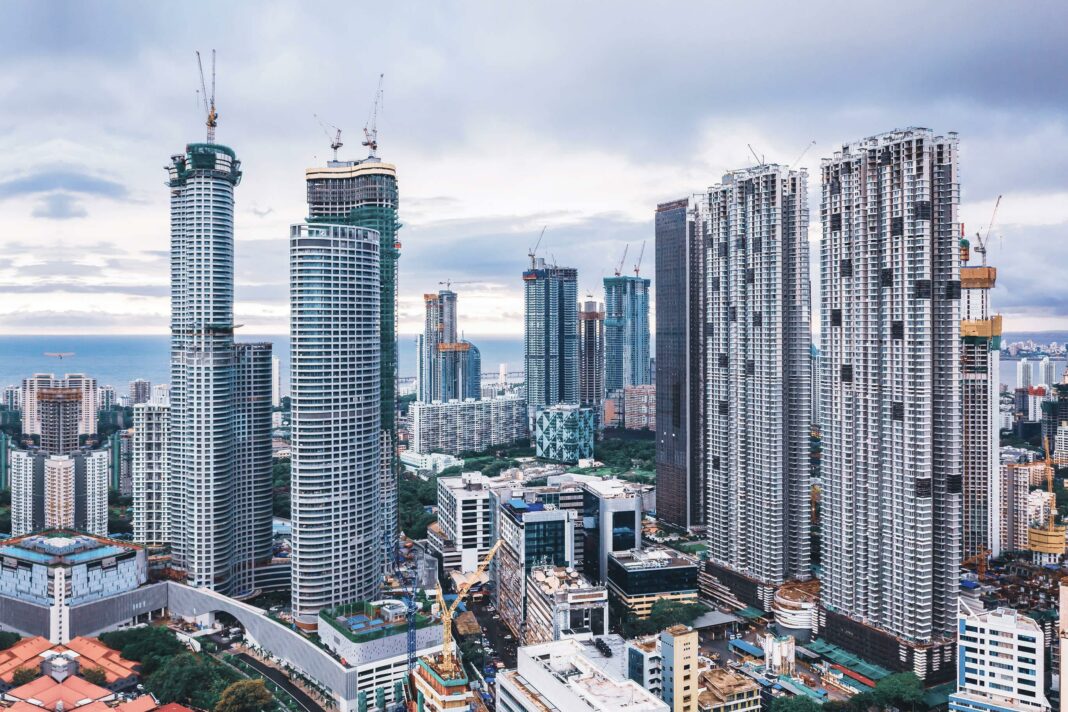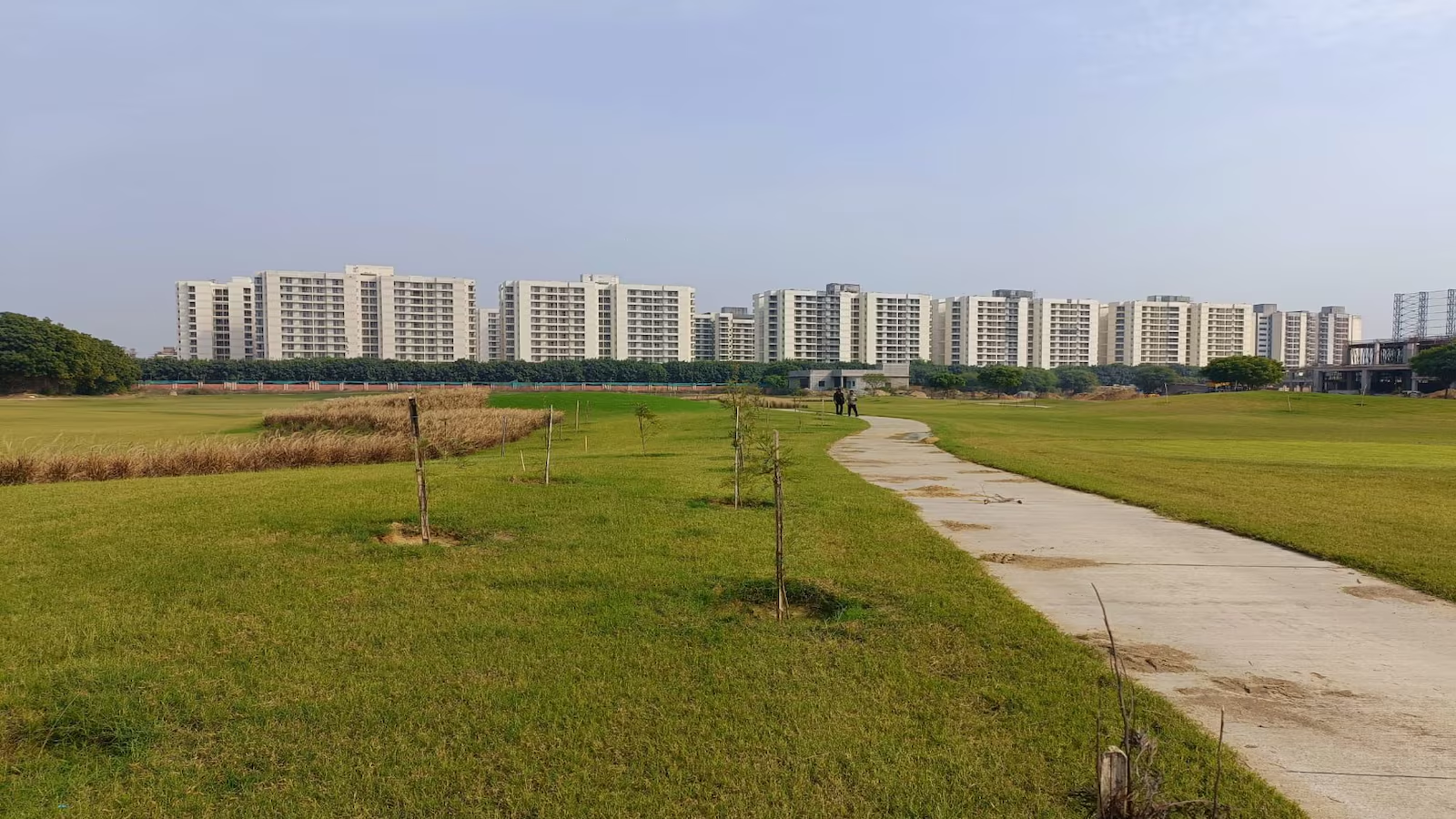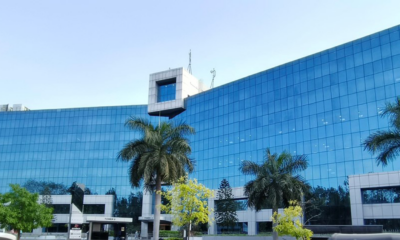News
Nearly 75% occupiers in India considering hybrid working model, says a CBRE survey


July 06, 2022: Real estate consulting firm, CBRE South Asia Pvt. Ltd, today announced the findings of its latest report, ‘2022 India Office Occupier Survey’. The report findings indicate that 73% of the occupiers in India are evaluating hybrid working arrangements going forward. The trend emerges as companies primarily opt for flexible working patterns post the pandemic. 78% of the occupiers have underlined employee health and wellbeing as the most important element while facilitating return to office.
The flexible working approach is a mix of four patterns that includes just-in-case remote work for specific circumstances, 3+ office days a week, an equal mix of office and remote work, and remote work for 3+ days a week. About 38% of respondents stated that they would consider an equal mix of office-based and remote work, while the remaining 35 % of respondents permit 3+ office days in a week. The report also highlights that the technology and BFSI corporates who plan to implement hybrid working policies would mainly prefer an ‘equal mix of office-based and remote work’ or ‘mostly in office’.
The adoption of Activity-Based Working (ABW), hotdesking, and Targeted Mobility (TM) is expected to continue to gain momentum in the coming years. Among the flexible seating options, hotdesking ~ grew by about 100% over the past two years. About 44% of companies retained dedicated seating arrangements as of 2022, well below the 81% of firms who did so pre-pandemic, according to the survey. The report further highlighted that technology would be critical in the adopting of flexible working models, with 59% of respondents in India intending to increase their investment in WorkTech to achieve these goals.
As per the survey findings, occupiers are eyeing sustainability and wellness as part of their strategy to expedite return to office as ESG principles gain momentum. 52% of the respondents are willing to relocate to occupy ESG-compliant buildings, while another 7% are willing to relocate even with a premium rental. Office demand is expected to continue to grow as 62% of respondents in India intend to increase the size of their real estate portfolios over the next three years, while one-third of the respondents indicated consolidation in fewer locations, along with meeting flexible demand via coworking spaces as part of their flexible portfolio strategy.


Anshuman Magazine, Chairman & CEO – India, South-East Asia, Middle East & Africa, CBRE said, “Return to Office for several corporates in India is already underway, with varying occupancies currently observed across cities as well as sectors. However, with the widespread adoption of hybrid working since the pandemic, many companies are still considering the degree of flexibility needed to enhance employee productivity and connectivity.
Moreover, with the short-term leasing sentiment already picking up – a trend we expect would continue in subsequent quarters – expectations of long-term portfolio growth remain positive. We also expect the increase in leasing activity to bring a new focus on large-sized and high-quality buildings by developers to differentiate their assets and attract occupiers.”


Ram Chandnani, Managing Director, Advisory & Transactions Services, CBRE India said, “Corporates planning to adopt hybrid working in the long run would need to provide employees with formal guidance related to working schedules and eligibility. Greater coordination among supporting functions like HR and IT as well as their alignment with the business, would also be crucial.
Additionally, a key priority for office occupiers in India would be to tailor workplace strategies to ensure that their offices are suitable for flexible working. Owing to this, CBRE has observed a shift from fixed to flexible workplace configurations, which is likely to continue going forward. Occupiers are also expected to enhance the appeal of ‘me’ spaces and create more flexible ‘me /we’ spaces.”
-



 News3 weeks ago
News3 weeks agoKW Delhi 6 Mall Onboards New Brands
-



 News4 weeks ago
News4 weeks agoManasum Senior Living Launches IKIGAI GOA, A Senior Living Community in North Goa, in collaboration with Prescon Homes
-



 News2 weeks ago
News2 weeks agoGodrej Properties Sells Rs 3k cr+ Homes of Godrej Zenith, Gurugram, within 3 days
-



 News4 weeks ago
News4 weeks agoBridging India Divide: Top 5 Tier- 2 Cities to Focus On
-



 News3 weeks ago
News3 weeks agoCommercial Realty Gets Tech Savvy: Fast Construction, Enhanced Convenience
-



 News4 weeks ago
News4 weeks agoMultipoint Connection – A Definite Boon
-



 News3 weeks ago
News3 weeks agoRBI’s Status Quo on Key Policy Rates to Help Maintain the Real Estate Growth Momentum, Say Industry Stalwarts
-



 News1 week ago
News1 week agoOlive Announces Dhruv Kalro as Co-Founder

















